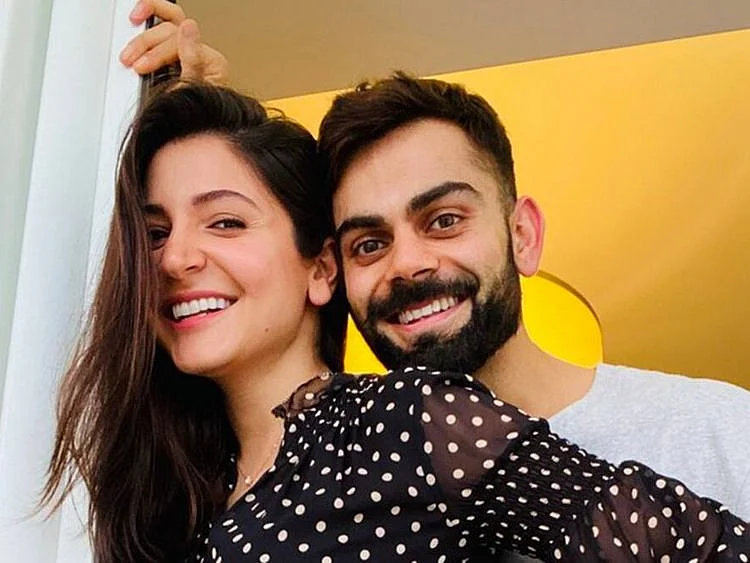Opinion: Why Virat Kohli’s Instagram 'Like' isn’t the scandal you think it is
A like on Insta is not scandal, subtext, or breaking news. So, why read so much into it?

A few hours earlier, Indian cricketer Virat Kohli had to issue a clarification for… liking an Instagram post.
Yes, the sporting icon—married to consummate Bollywood actress-producer Anushka Sharma, respected, and minding his own business—was forced to explain that a technical glitch had caused him to engage with a reel by actress Avneet Kaur.
And just like that, headlines exploded. Social media spiraled. And Kohli had to step in to say: “Calm down, it wasn’t what you think.”
But here’s the real question: Why are we even here?
Why are we arm-twisting celebrities into explaining the most mundane digital interactions? And, why are we constantly playing moral police?
Why is a “like” enough to spark suspicion, judgment, even outrage? What does it say about the media ecosystem—and our collective obsession with celebrity culture—that a grown man can’t engage with content without being assigned intention?
We’re not just consuming celebrity news anymore; we’re manufacturing narratives from thin air. Journalism—especially entertainment journalism—is increasingly leaning on algorithms, breadcrumbs, and out-of-context moments to build stories that were never there. And while it might drive clicks, it chips away at basic dignity.
A like is not a scandal. It’s not subtext. It’s not breaking news.
It’s time we stop treating celebrities like they owe us justifications for every breath they take online. Maybe the real story isn’t Kohli’s accidental engagement or Algorith glitch. Maybe it’s ours—our impulse to scandalise the banal and call it news. The real issue isn’t Virat Kohli’s Instagram activity—it’s our obsession with poring through mundane moments of public figures.
Network Links
GN StoreDownload our app
© Al Nisr Publishing LLC 2026. All rights reserved.